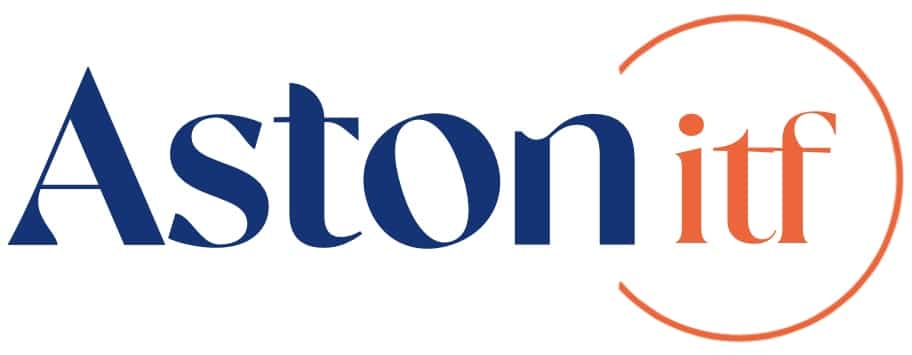
Litigation management for credit managers
Managing customer disputes is a crucial phase in a company’s sales cycle, especially for credit management and debt collection professionals.
These disputes arise from the company’s various internal dysfunctions, whether they concern production or service quality, or contractual, administrative or delivery aspects… They thus represent opportunities to improve organization and quality processes, the aim also being to get the bill paid.
Disputes are often the cause of late payments, since the invoices concerned are not paid by disgruntled customers. It is important to remember that to be recoverable, a debt must be liquid, due (with a maturity date reached) and certain (not contestable). However, a dispute renders the claim uncertain, thus hampering any effective contentious collection approach. In the event of a legal dispute, the certainty of the claim is essential, otherwise the seller risks losing his case.
What’s more, disputes have a negative impact on customer satisfaction, especially if they are not resolved quickly. So, while disputes can be damaging for companies (leading to cash flow pressures, increased working capital requirements, loss of credibility and customer satisfaction, and loss of time in resolving them), they can also be starting points for identifying internal malfunctions and improving the products and services sold.
Litigation management and debt collection
Identifying and handling disputes is closely linked to credit management and debt collection. The problem of disputes must be integrated into the collection process, the aim of which is to ensure that invoices are paid when due.
In this way, the first customer pre-recall for invoice payment must take place before the due date, in order to obtain a payment commitment and check that there are no disputes likely to impede payment. In the event of a dispute, this preventive reminder helps to detect it quickly, so that it can be resolved quickly and the invoice paid on time. The aim of this approach is to speed up the process of obtaining payment on the due date, even in the event of a dispute, as long as it is resolved in good time.
Dispute management process
A dispute handling process must be established within the company to define the roles and responsibilities of each department involved, and to ensure that disputes are dealt with efficiently. Leaving disputes to one side or dealing with them opportunistically is harmful, as studies on the impact of disputes on customer satisfaction have shown. Fast, efficient dispute resolution can even increase customer satisfaction compared to a situation without disputes.
Key factors in the success of this process include cross-functionality (sharing and understanding of the process by the various departments involved), the designation of a department responsible for reporting to management on the volume and age of disputes (often the Credit Management/Collection department in large companies), and the fluidity of exchanges and actions between the people in charge of collections, sales administration and sales.
Types of disputes
Disputes can be of different kinds, requiring specific approaches to handling them. It is therefore important to categorize them to improve their management. For example, we can distinguish between quality, price and administrative disputes, linked to event dates, missing materials, double invoicing, and so on. Each type of dispute may have a maximum resolution time, depending on its complexity.
Recovery of disputed invoices
The out-of-court collection process is interrupted while the dispute is being handled, and resumes once it has been resolved. Resolution of the dispute defines a new due date for the invoice, around which collection actions are resumed. The first step is to obtain a promise of immediate payment.
Litigation management in ASTON ITF
ASTON iTF collection software offers a simple, effective and customizable module for identifying and handling disputes. Disputed invoices are qualified with a dispute code and accompanied by a comment detailing the problem. This information is passed on to a debt collector or sales representative, who handles and monitors the dispute collaboratively with a dedicated work flow. Litigious receivables are then tracked thanks to this dedicated work flow, which enables the relevant internal players to be contacted to speed up the resolution of disputes.
Track and customize your disputes with a dispute management module like ASTON iTF’s, which allows you to :
- Categorize and classify all your disputes
- Trace them with a collaborative workflow
- Accelerate dispute resolution with an action timeline
- Each action is dated, with an action manager
- Find the analysis of your disputes in our dashboards
- Improve your processes by understanding the most frequent causes of disputes
Contentious invoices and late payment penalties
Although there is no specific guideline in the French Law on the Modernization of the Economy, it is generally accepted that late payment penalties do not apply to late payments due to a proven dispute. On the other hand, once the dispute has been resolved and the debt has become certain, liquid and payable, late payment penalties can be applied.












Leave a Reply